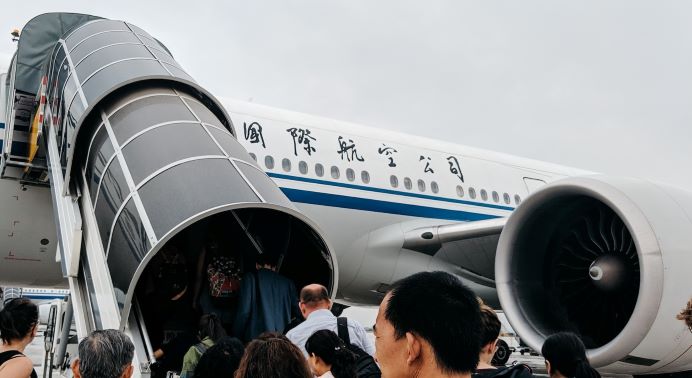After three years of strict entry and quarantine measures related to China’s “Zero-Covid” policy, the borders are opening.
As of January 8, China has loosened its COVID-19 restrictions for international travelers. According to the State Council of China, there will no longer be centralized quarantine or PCR testing upon arrival in the country. Instead, travelers will be required to undergo PCR testing within 48 hours before their departure and present a negative result on their customs health declaration form. There is also no longer a need for travelers to apply for a health code with the Chinese embassy.
Restrictions for entering China:
All travelers entering Mainland China must hold a negative nucleic acid test (NAT) issued within 48 hours of departure. There is no quarantine requirement.
Travelers should also be prepared for the possibility of additional health screenings and testing upon arrival in China, as well as the possibility of being placed under quarantine or isolation if deemed necessary by local health authorities.
Hong Kong – Mainland China border crossing:
This border has also been opened although the requirement for a negative NAT test within 48 hours of transit is still required. There is no quarantine requirement While unvaccinated travelers from Mainland China, Taiwan and Macau may enter, those arriving from other countries will need to be fully vaccinated.
Impact to Flights:
China is ending the international flight cap which permitted international airlines only 1 flight per week into China and restricted Chinese carriers to one flight per week on routes to international destinations.
As of now, the number of flights arriving into China daily is still limited due to the ongoing COVID-19 pandemic. However, with the easing of quarantine restrictions, a number of airlines are starting to increase their capacity. Chinese airlines Air China and Hainan Airlines are already filing documents to increase their international flights and plan to return to regular US service. Cathay Pacific is more than doubling its service to mainland China.
Impact Internationally:
Those leaving China for international destinations face newly implemented pre-arrival requirements. Many countries including the United States, several European countries and Japan have implemented Covid testing requirements and arrival protocols for those arriving from Mainland China. Thailand has implemented new arrival protocols for all international arrivals. As of January 9, all foreign arrivals must prove they are either vaccinated or have recovered from a Covid infection within the previous six months. The new Thailand rules do not apply to Thai passport holders or those transiting.
Local Situation:
Safety protocols such as mask-wearing and social distancing remain mandatory in many public situations. Arrivals into China will be required to follow these protocols.
With an end to Zero-Covid policy, China is experiencing a rise in cases that we assume will likely continue following the Chinese New Year celebrations which is the greatest migration of people every year. We hope the vaccines and safe practices by all will mean fewer deaths than at a time when inoculation was not possible.
The end to strict enforcement of rules locally is reminiscent of what most populations of the world have already experienced. The freedom from Covid restrictions entails jubilation followed by uncertainty and fear of how to self-protect and how to interact with or move normally through the world again. I remember well that long journey and wish my friends and colleagues well as they finally go down that same path. I also still feel the emotion of being united with loved ones and family after a much shorter separation and I hope that each happy reunion helps to heal the scars of our collective pandemic nightmare.






